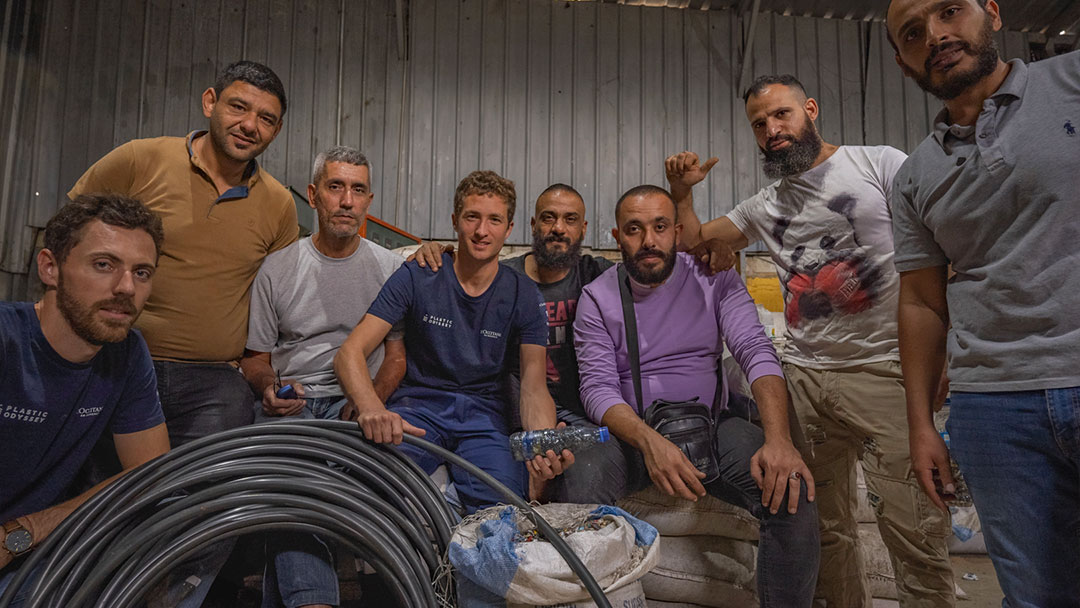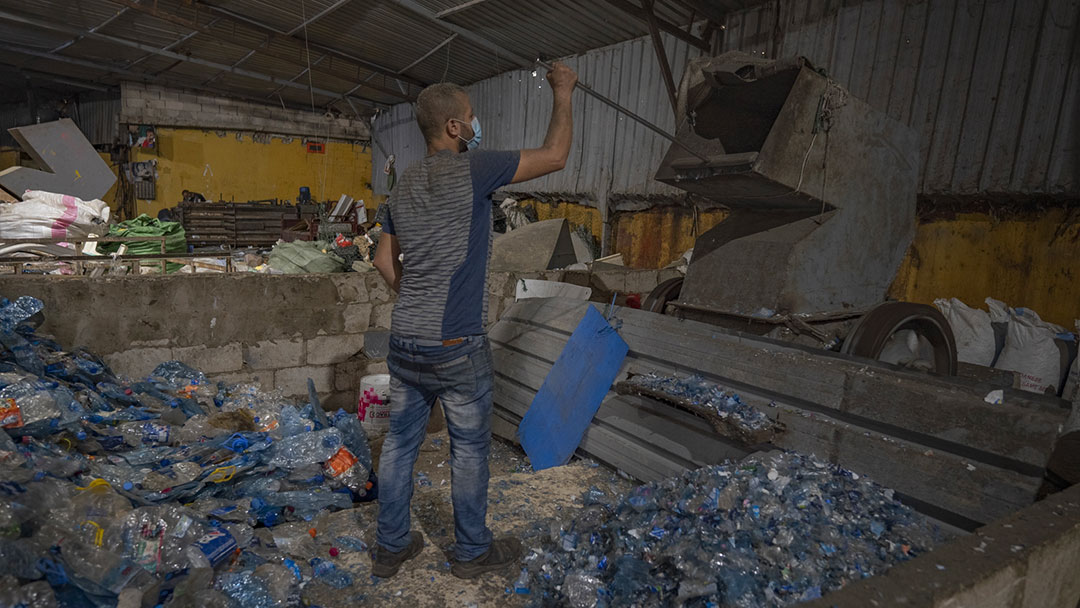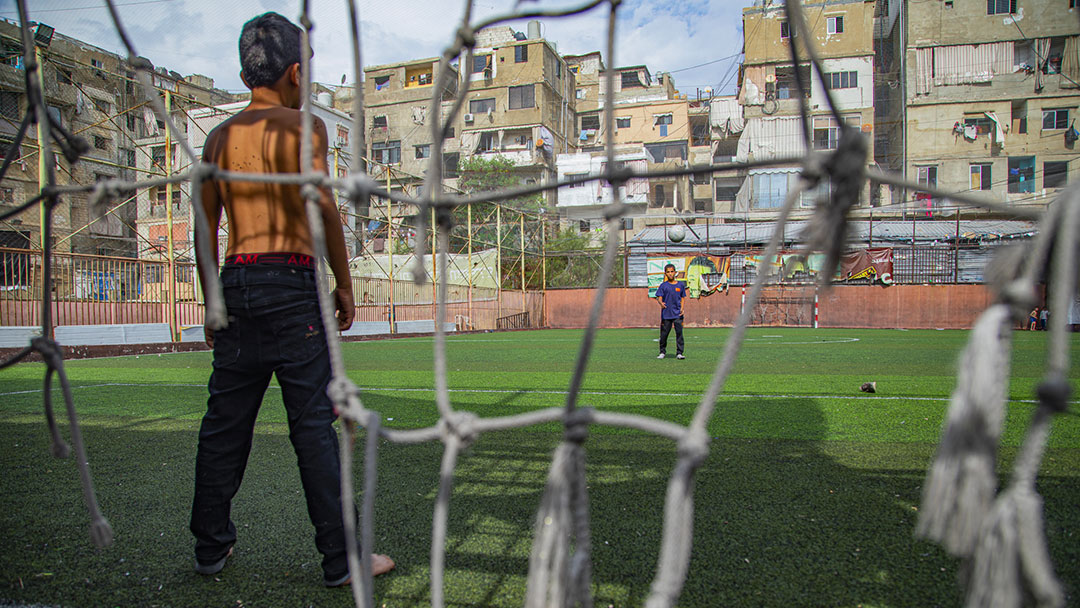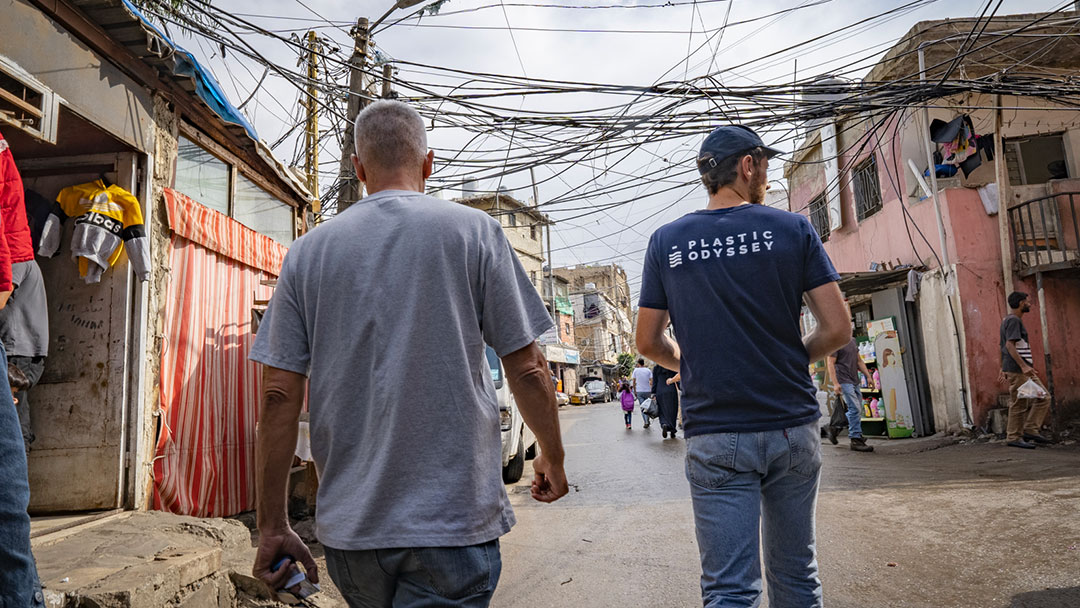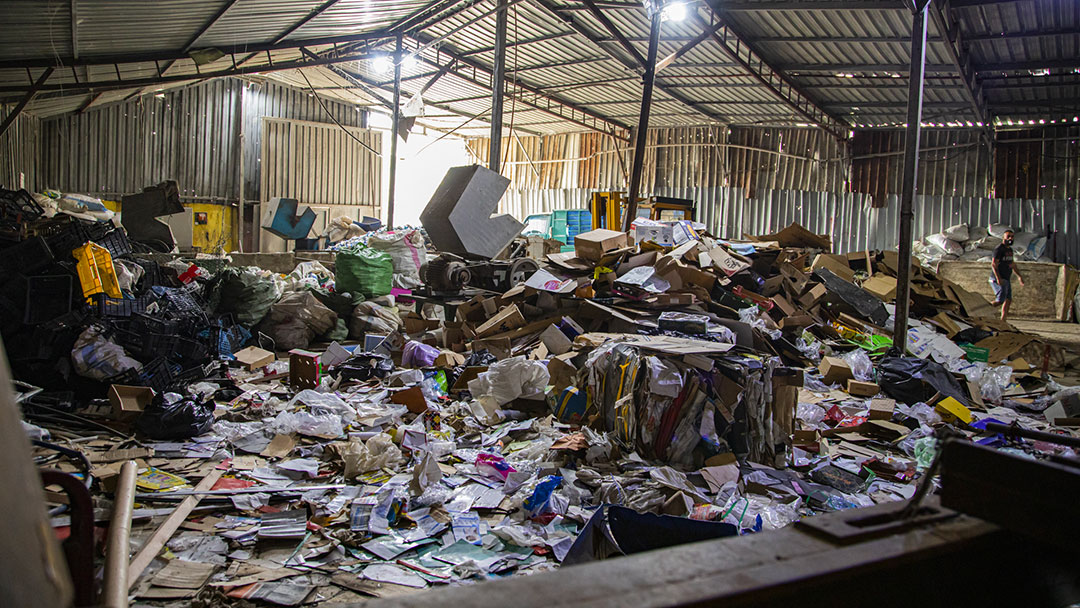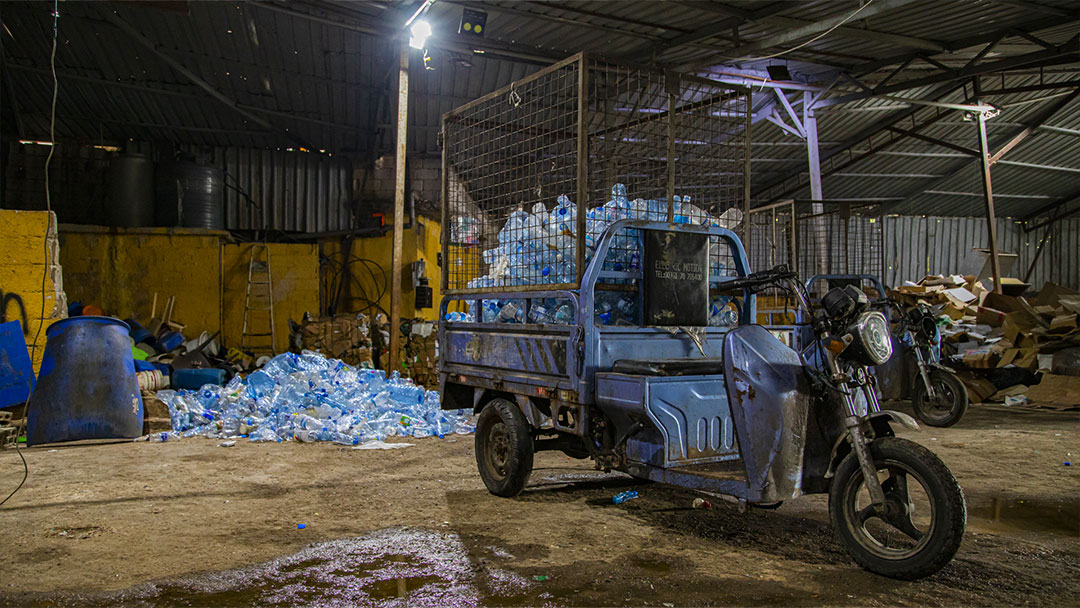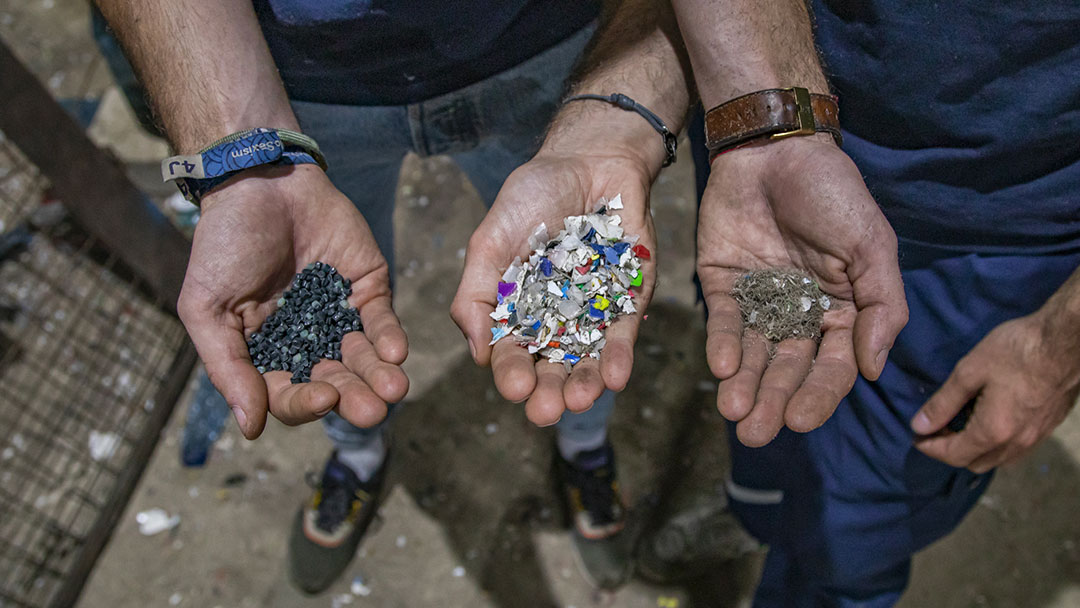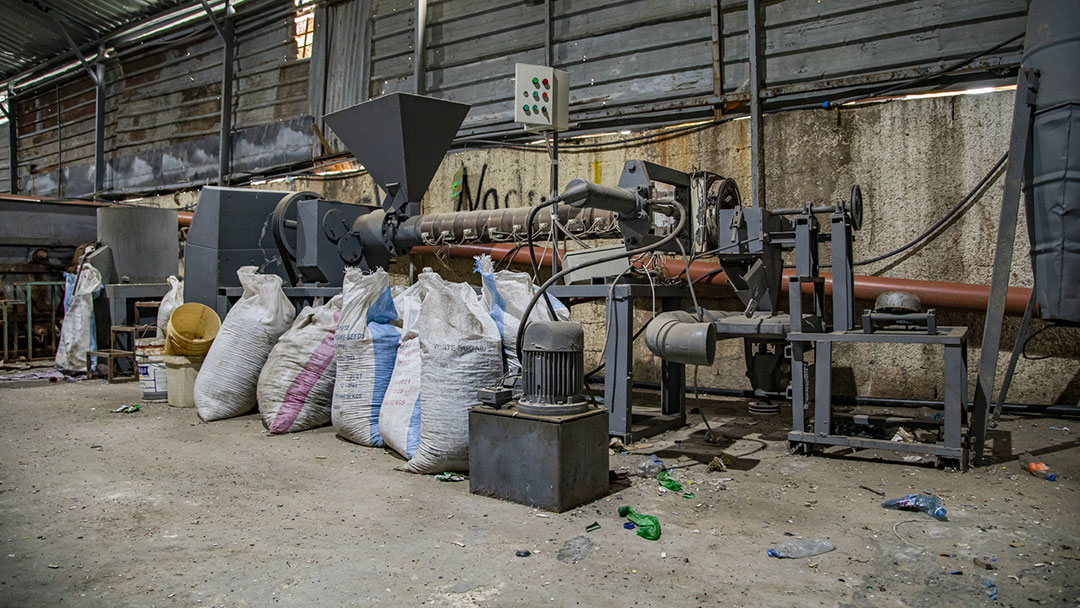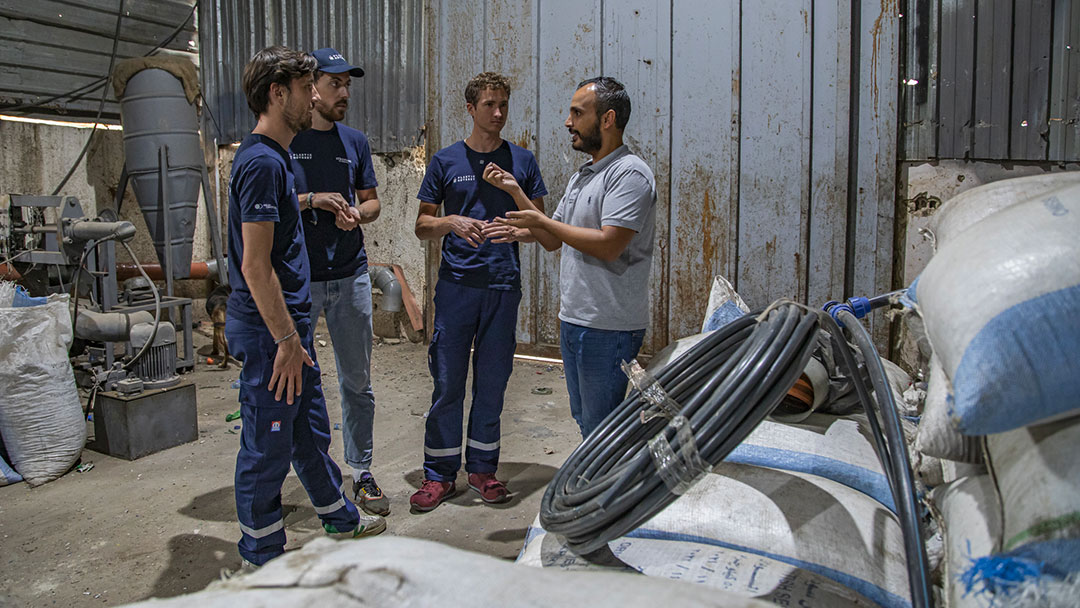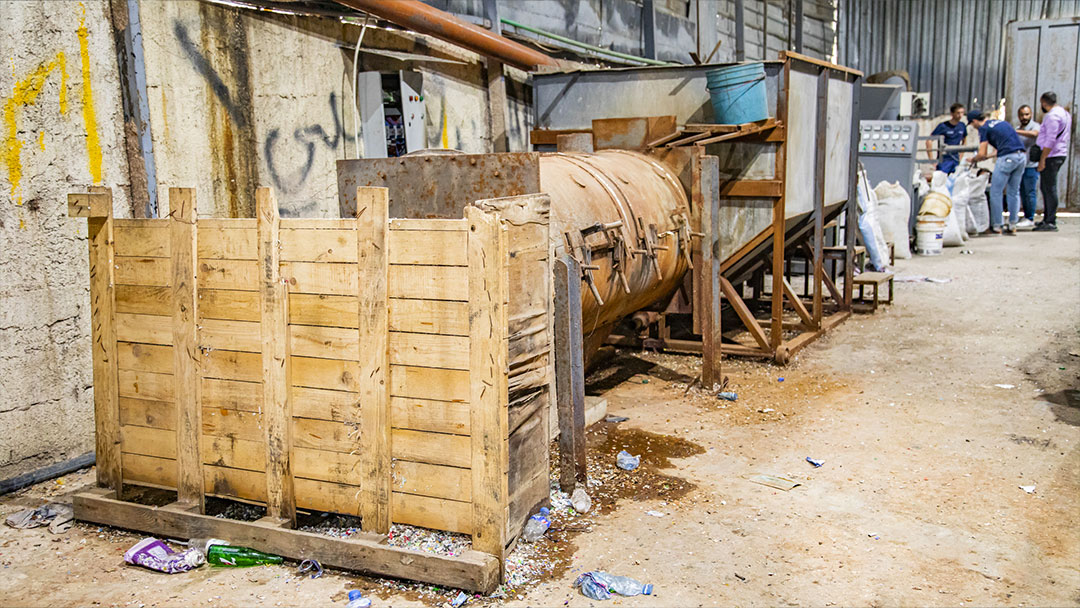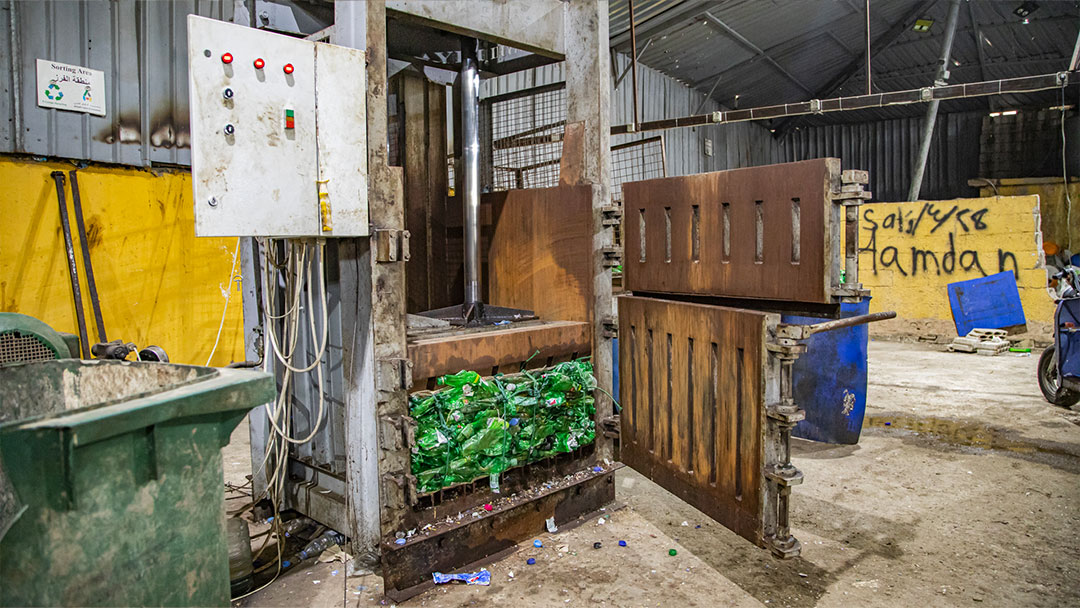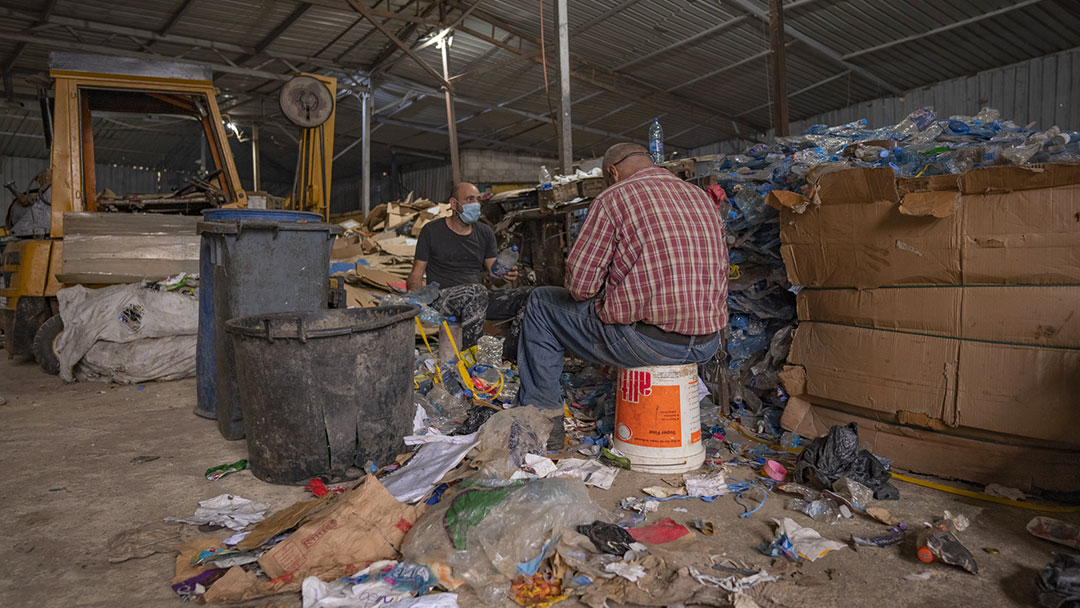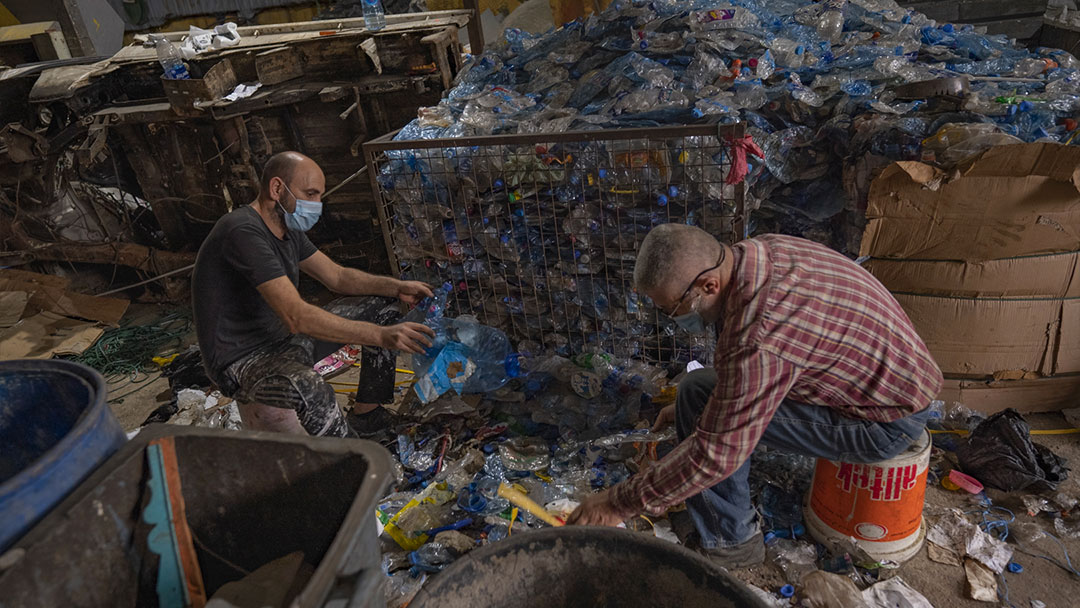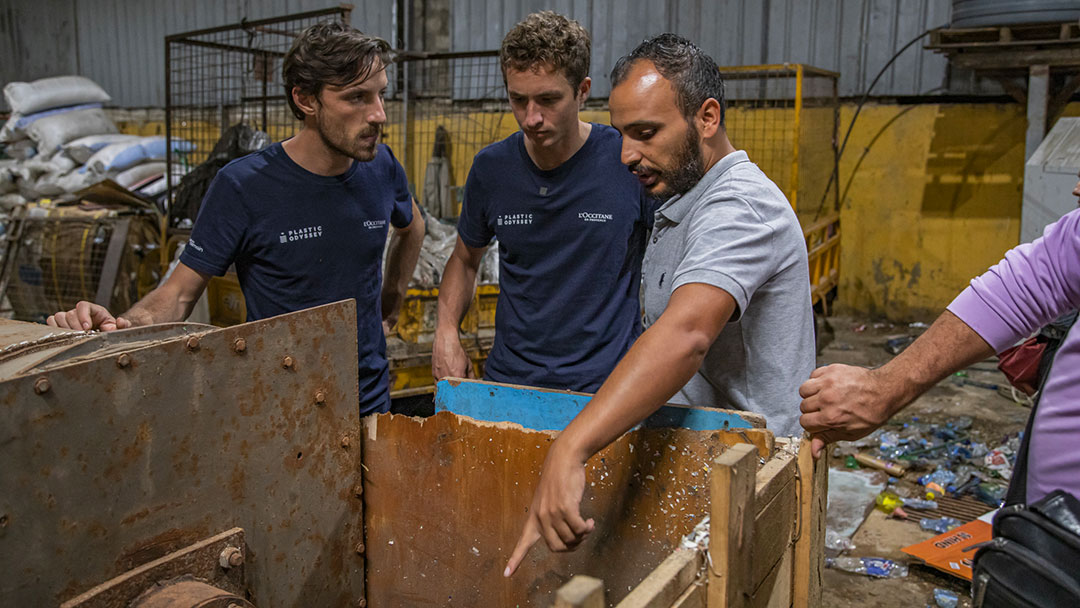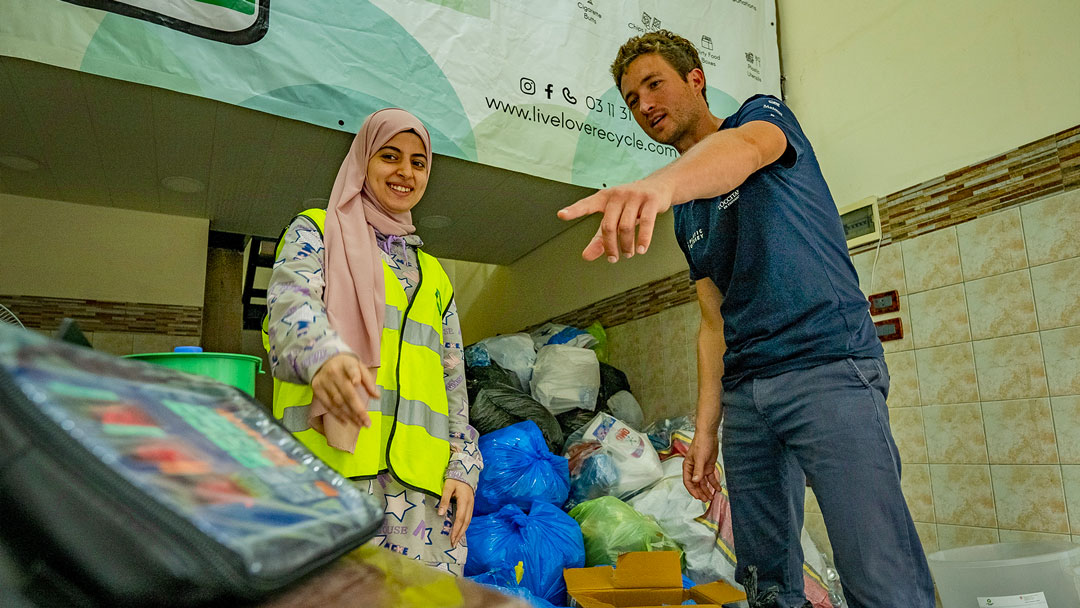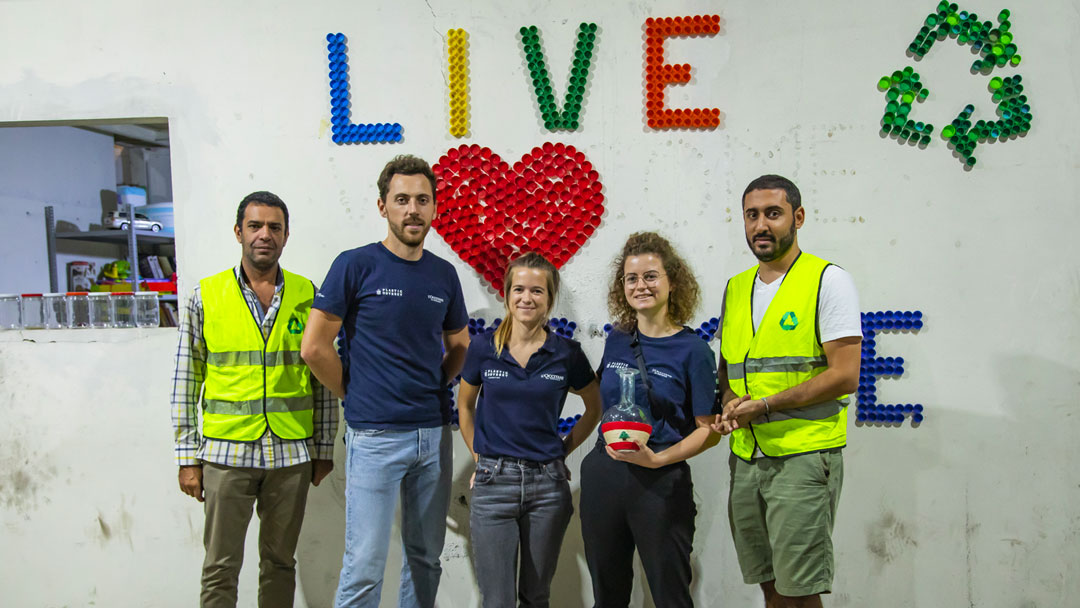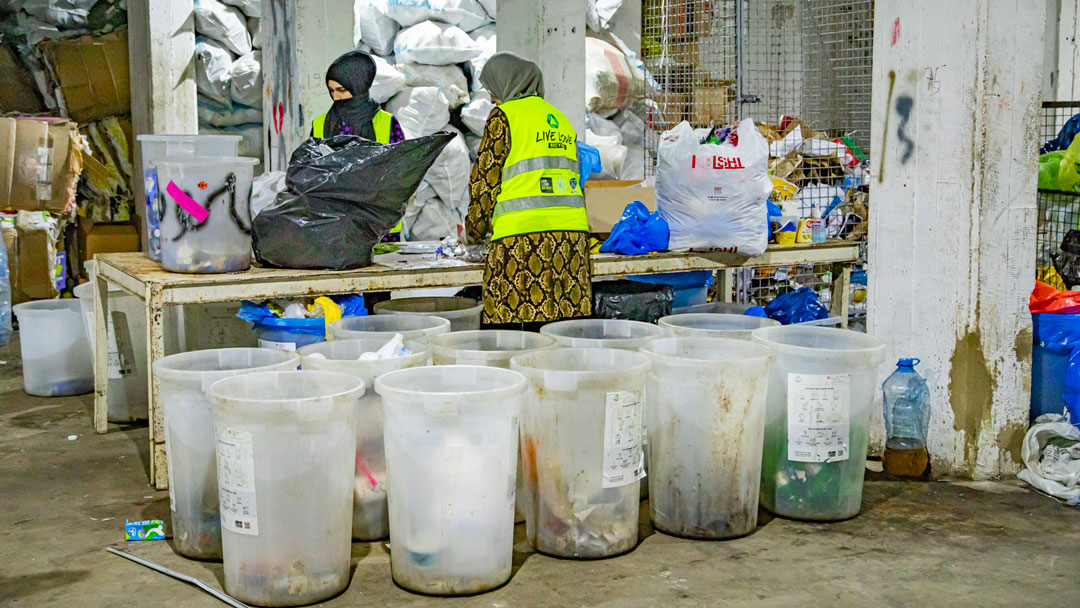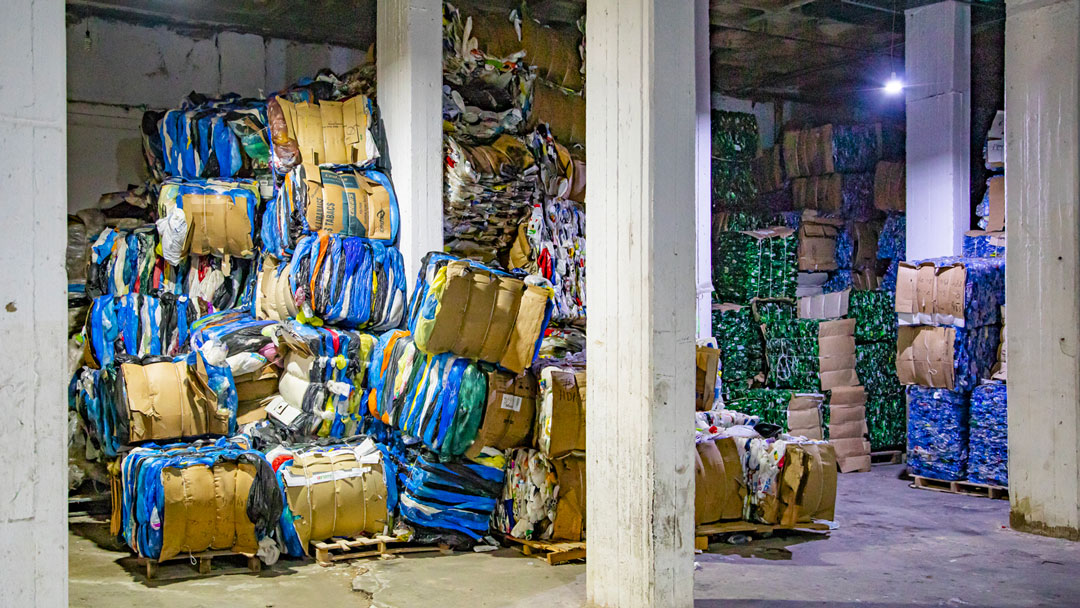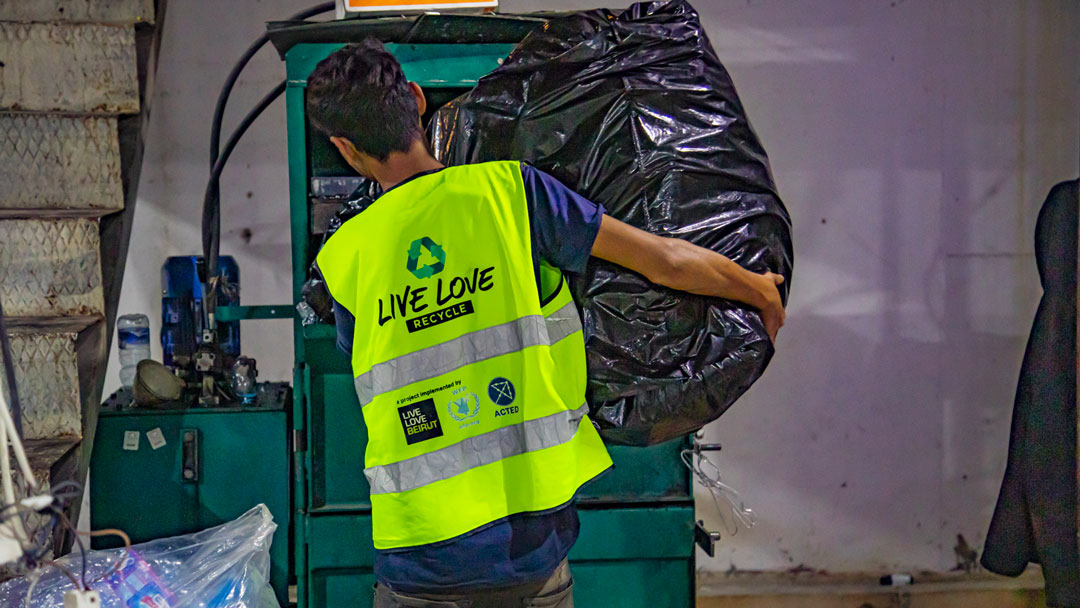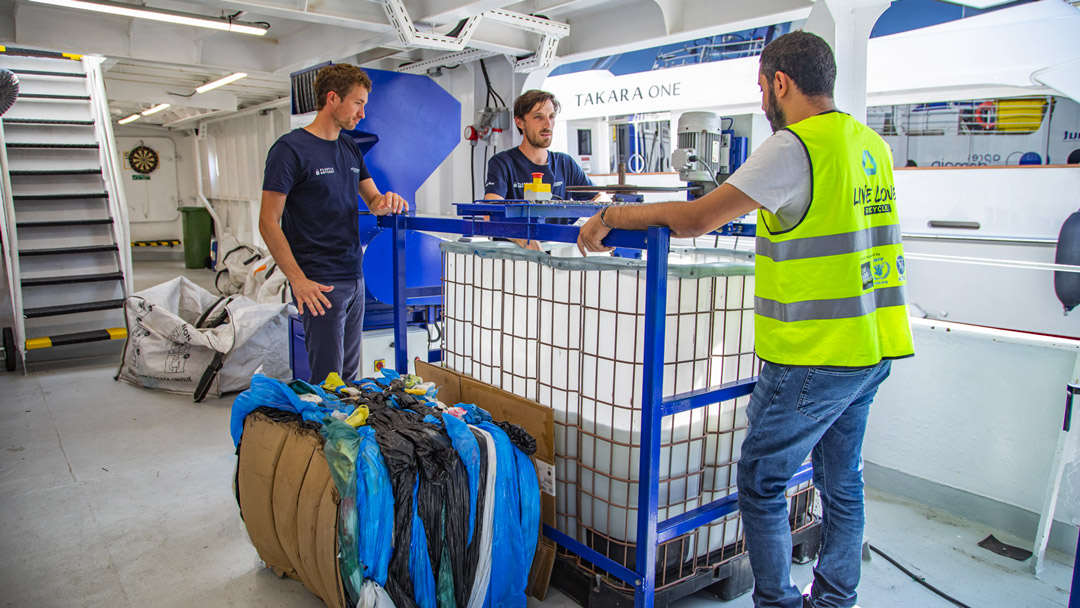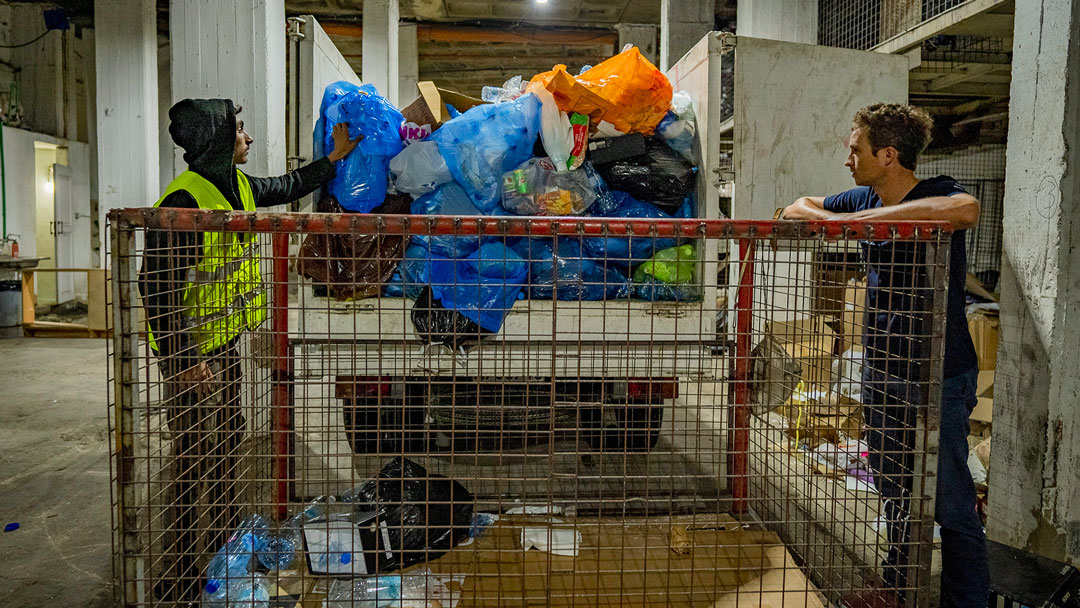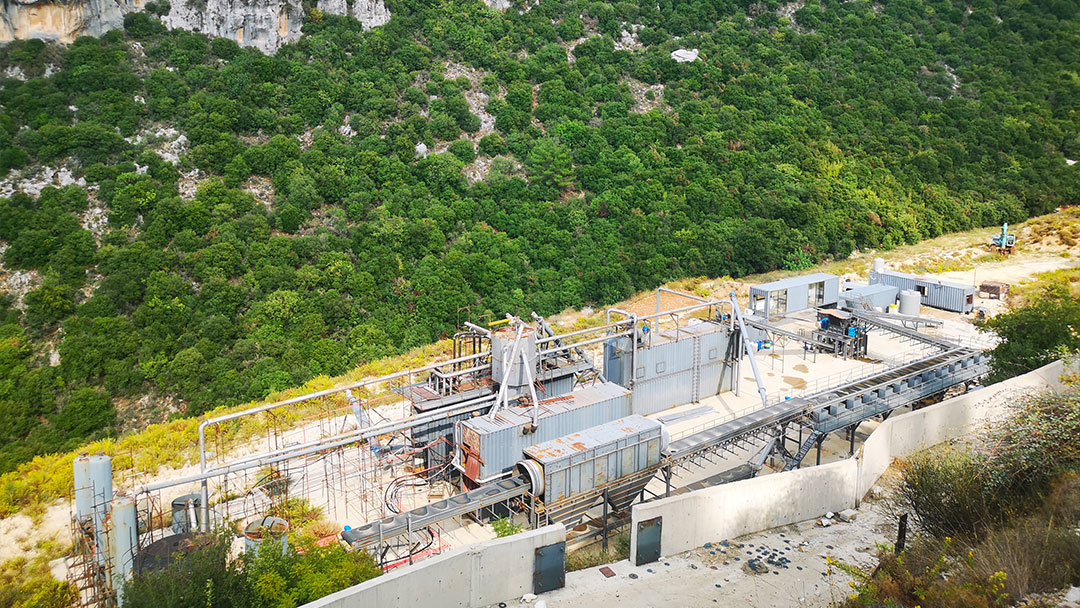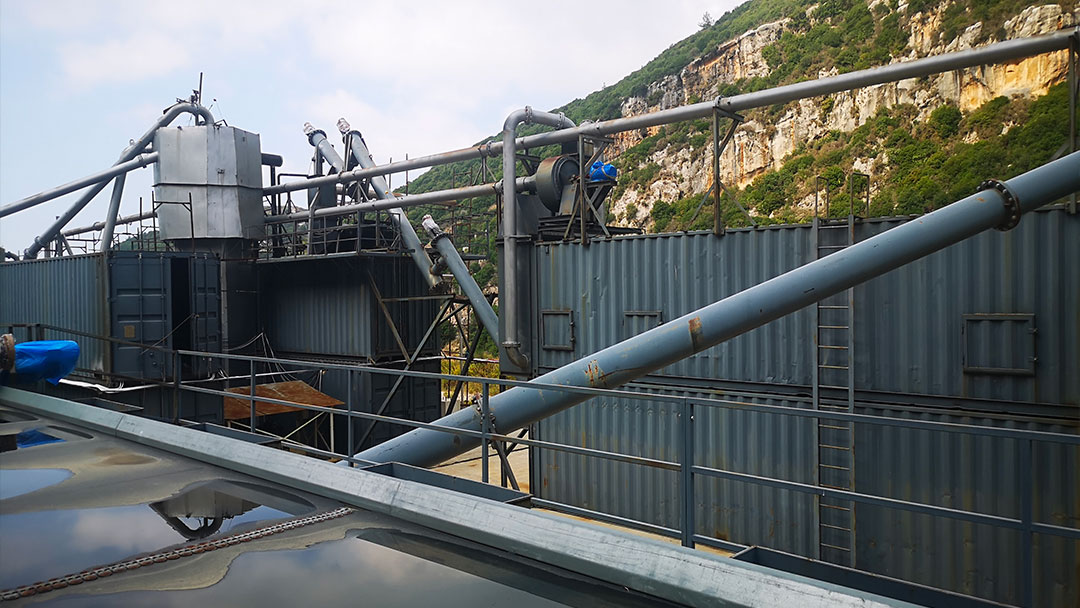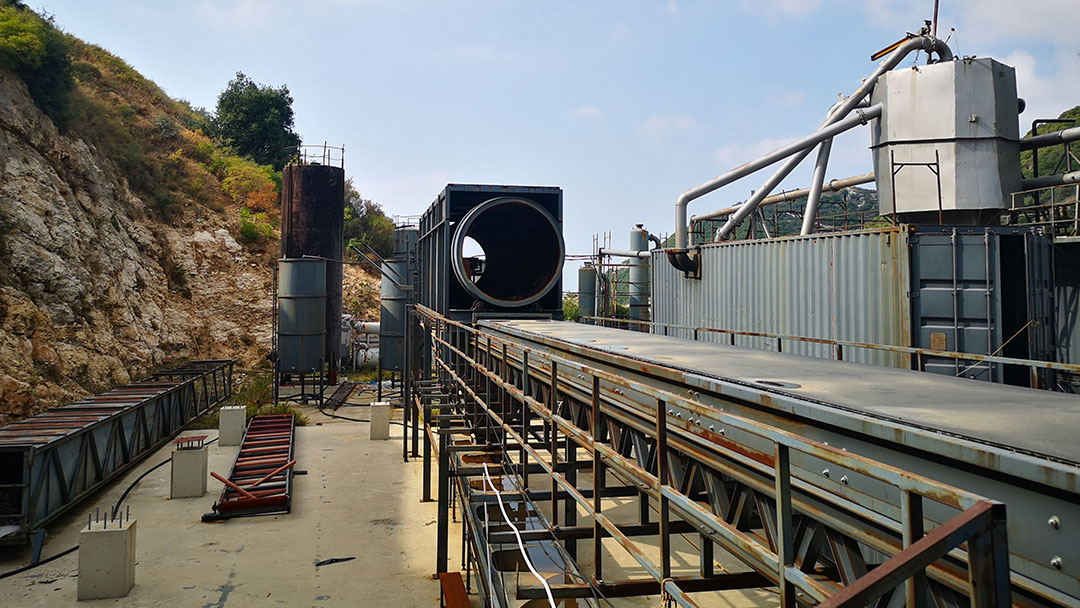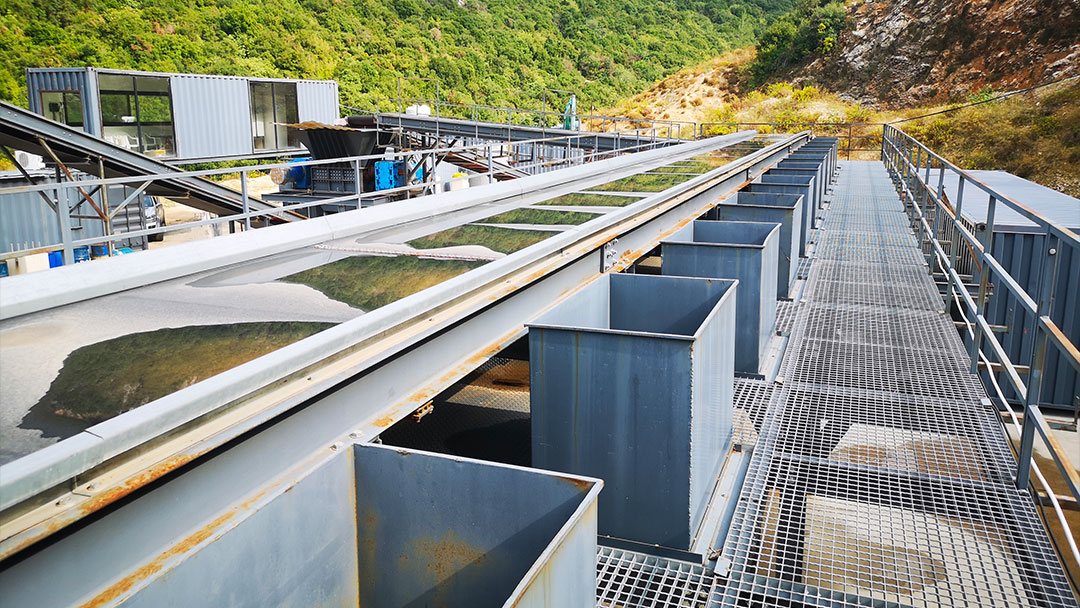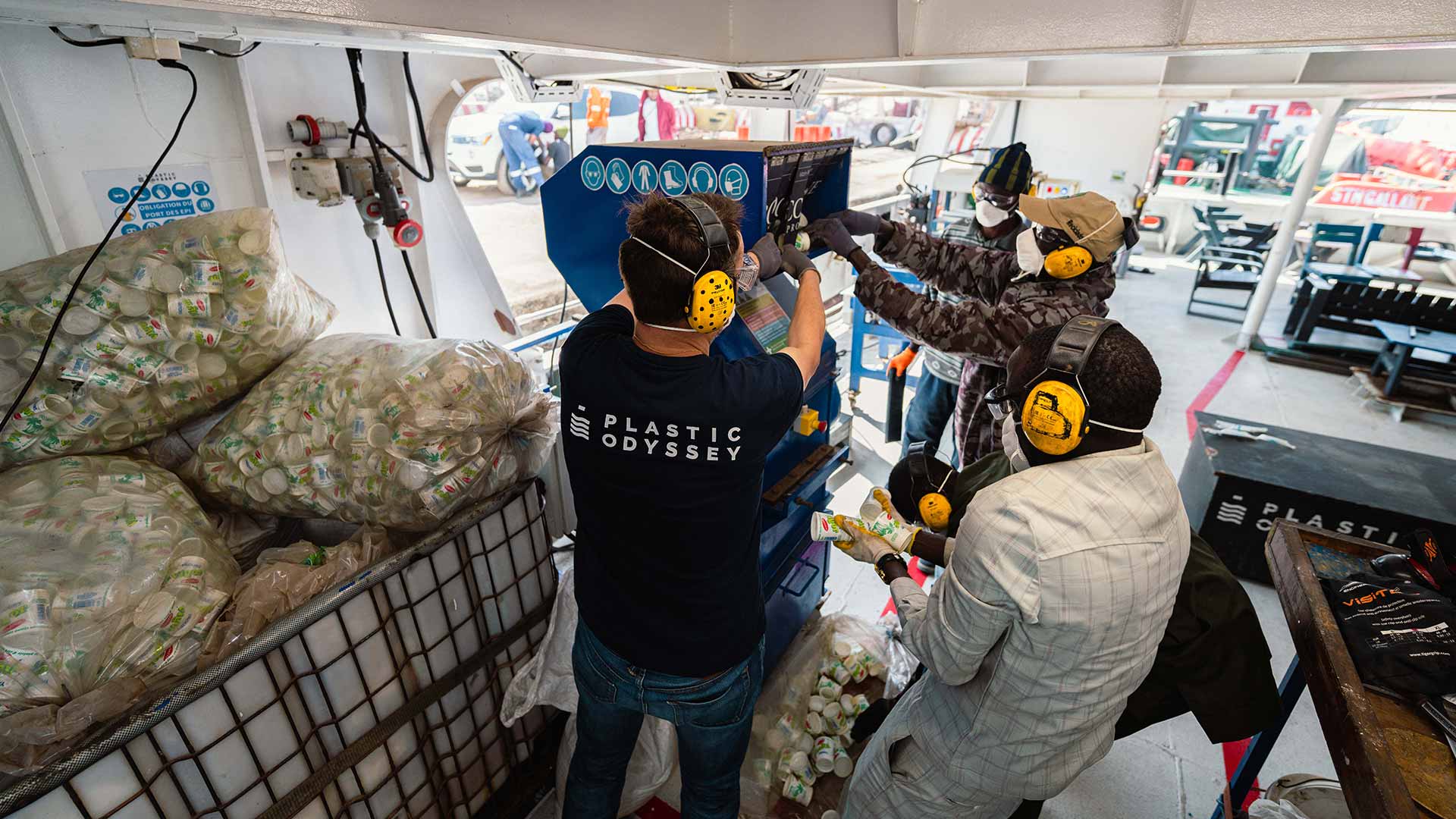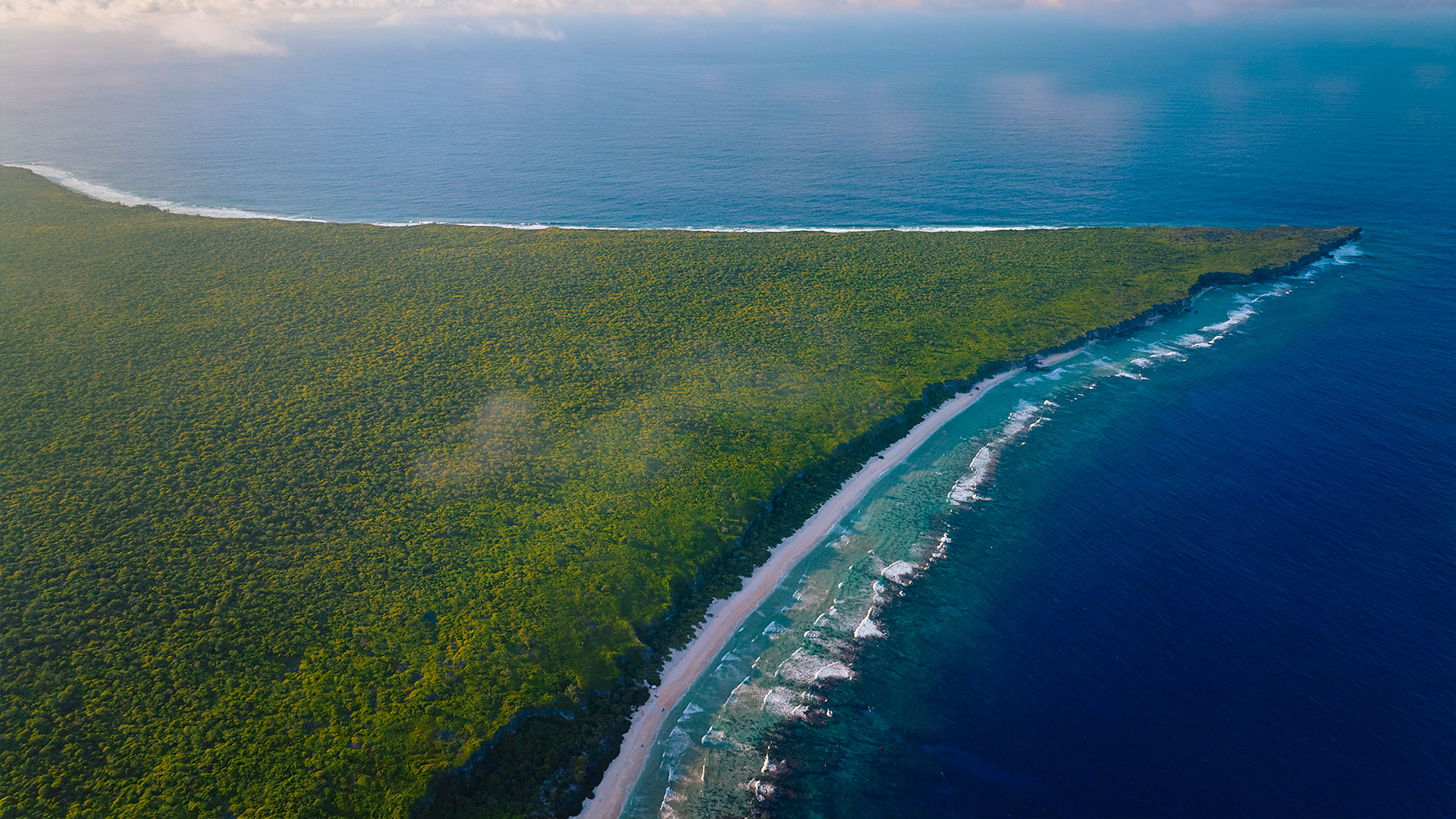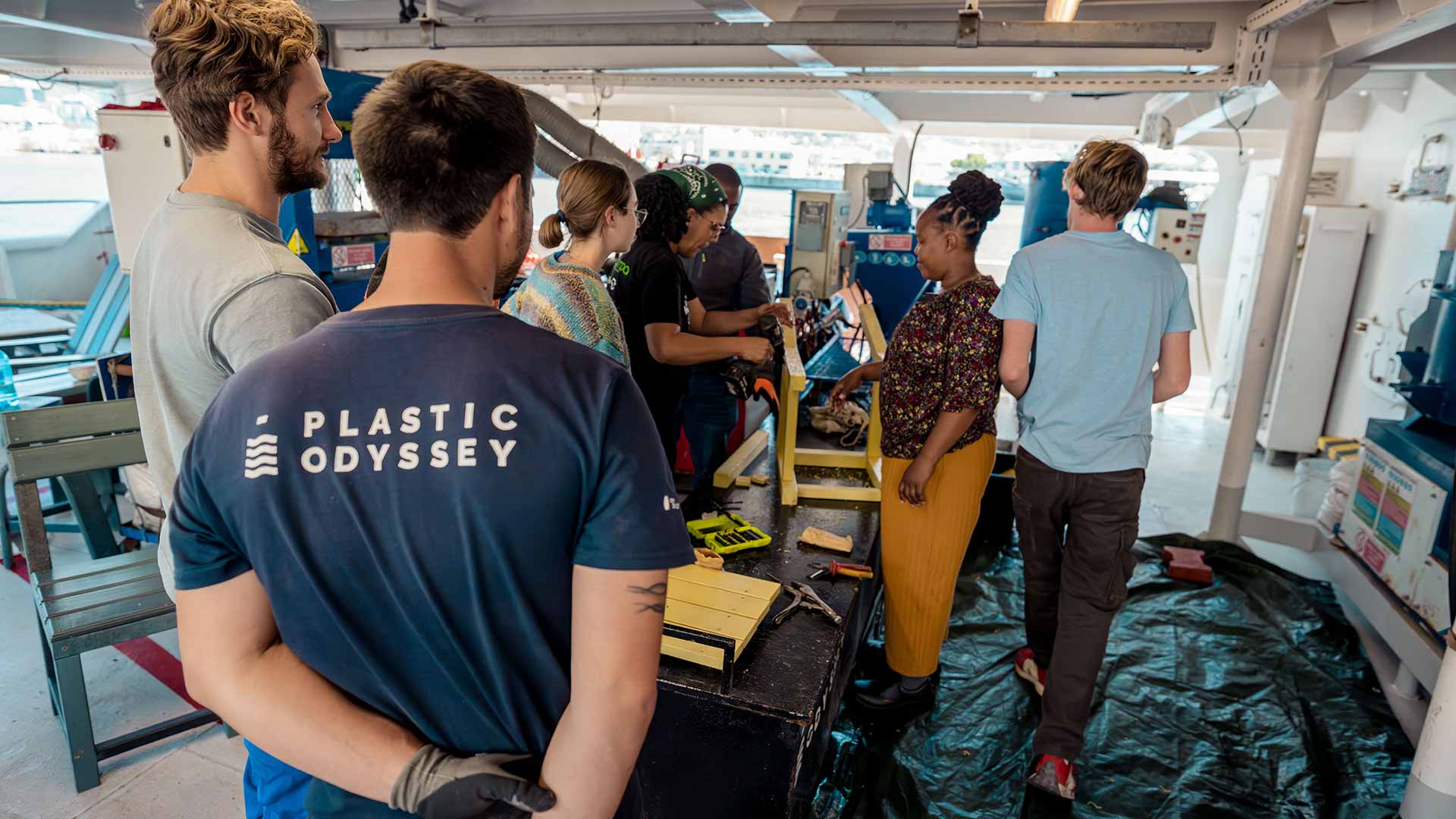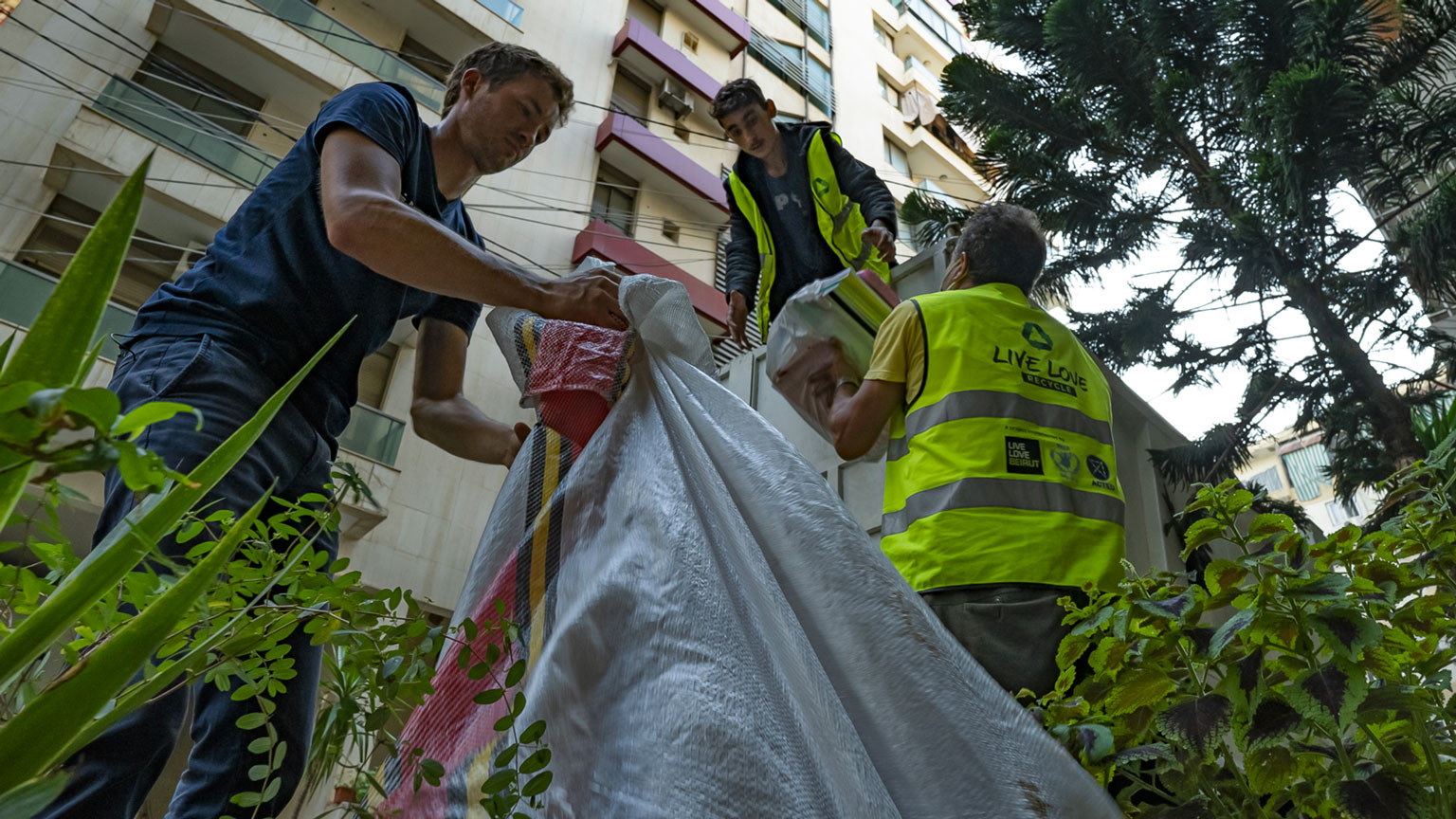
Field Visits: Meeting Recycling Entrepreneurs in Lebanon
Dive into waste collection circuits in Beirut
In Lebanon, we found a country in a major crisis, an unprecedented situation, and countless difficulties. Whether economically, socially, or politically, the country seems unable to emerge from a crisis that has been ongoing since the explosion of the silos in 2020. Despite everything, the inhabitants are fighting and not giving up…
We were warmly welcomed by local entrepreneurs and institutions. In just three days, we obtained dozens of contacts and were able to begin field visits to understand the issues and catalog the solutions that exist on-site. Our field team met these recycling entrepreneurs.
Ahlam Lajea Association, manufacturer of recycled plastic tubes
Activity: Collection, sorting, grinding, and recycling for the manufacture of irrigation pipes.
Ahlam Lajea is an association and a social enterprise created by Othman Afifi, a passionate entrepreneur. Located in the heart of the Shatila refugee camp, he pays young people in the neighborhood to collect waste from their families and friends. He collects plastic bottles and some rigid plastics. These wastes are then processed in his factory, which employs six people in addition to the 150 young people involved in the collection.
Recycling Workshop visit
The workshop consists of a small dozen recycling machines. Specialized in the manufacture of irrigation pipes and electrical sheaths made of recycled plastic, the company is now forced to stop production due to the electricity shortage affecting the country. All the energy is now supplied by a generator installed in front of the factory, but it consumes more than 24 tons of fuel per year. With the rise in fuel prices, recycling activity is no longer profitable. Othman is forced to focus on grinding and compacting PET bottles, which is less profitable but less energy-intensive and therefore more profitable in this particular context. To solve this problem, Othman plans to install a pyrolysis unit to transform plastic waste into fuel to restart tube production.
Live Love Recycle, an application to organize waste collection
Activity: Waste collection and sorting
Live Love Recycle collects recyclable waste directly from city residents on two-wheelers. The collector is paid through the sale of sorted and compacted waste. An application shows the collector the nearest location where the recyclable bags should be collected door-to-door. The collector delivers them to a “store” whose role is to accumulate enough waste before a daily truck pickup. These recyclables, composed of cardboard, aluminum, and plastics, are then transported to a warehouse where they are sorted and compacted into bales. The plastic bales are resold for recycling.
Recycling Workshop visit
In the Live Love Recycle warehouse, only PET water bottles are separated from other hard plastics. PP and PE are therefore mixed in the bales sold. Georges Bitar, the founder of the company, plans to improve plastic waste sorting through the addition of a sorting sensor aimed at training and verifying manual sorting and thus improving the quality of the finished product (plastic bales). He also wants to add a grinding step to increase the added value.
Georges tells us that they are losing money on certain materials, but he believes that they have a societal responsibility to offer a service that no one else provides by collecting all recyclable waste without being picky.
Household Waste Treatment Plant
Activity: Sorting household waste from municipalities, treatment of non-recyclable waste, production of methane gas and fuel, production of industrial CO2
Raymond Mitri is an entrepreneur who has made a strong impression on us. In just a few years, he managed to build a plant capable of processing nearly 200 tons of waste per day, equivalent to the capacity of a city of 150,000 inhabitants. Everything was built on site, in the middle of the mountains, using very few resources. The structure is based mainly on shipping containers, and everything was designed to be dismantled. Looking closely at how each element was designed, we can see the incredible ingenuity that Raymond and his team demonstrated in building this place. It is the perfect example of low-tech industrial engineering.
But Raymond does not only give us lessons in frugality, he also illustrates the principle of Lavoisier very well. He imagined a way to valorize each type of waste: organic waste is composted, good quality cardboard and plastics are recycled, and everything else is pyrolyzed to produce several types of fuel. Even the CO2 produced by the pyrolysis is recycled, as it is sold as industrial CO2 after being washed.
It is a true example for municipalities around the world, but ironically, the municipality of Beirut does not want it, or more precisely, the corruption that plagues the country and particularly the waste management services. The more or less controlled landfilling by the sea benefits a few people who are getting rich with impunity.
After investing more than 8 million dollars to build his plant, Raymond cannot operate it and has no choice but to watch it rust while waiting for his last hope: to dismantle the mafia network with the help of a judge from Tripoli. If he does not succeed, he still has the idea of selling the plant to a neighboring country, but for now, he does not want to give up on his country. A beautiful example of ingenuity, frugality, perseverance, and optimism that inspires.
Latest News
Senegal: Back in Dakar After Three Years Around the World
Discover the plastic waste recycling entrepreneurs who participated in the training program aboard the ship in Dakar, Senegal....
Why Clean Up the Places No One Lives? Plastic Odyssey’s New Mission with UNESCO
Logistically challenging, ecologically sensitive, rarely visited by humans and covered in plastic. Plastic Odyssey is committing to cleaning up some o...
South Africa: a well-established local plastic waste recycling ecosystem
Discover the plastic waste recycling entrepreneurs who participated in the training program aboard the ship in Cape Town, South Africa....

